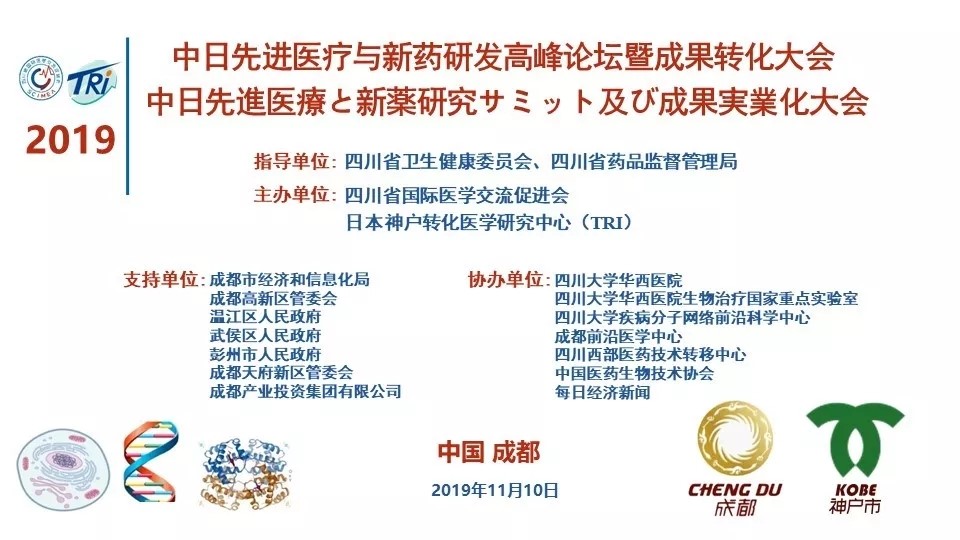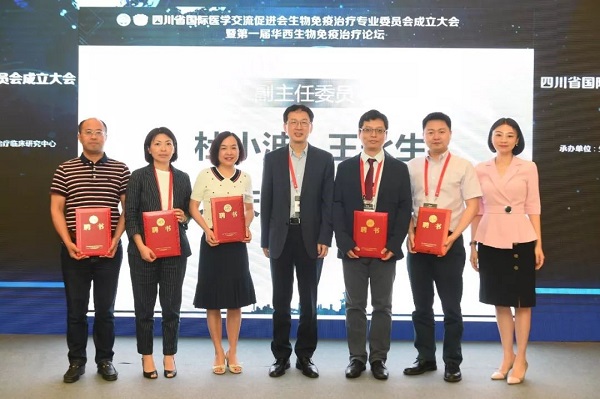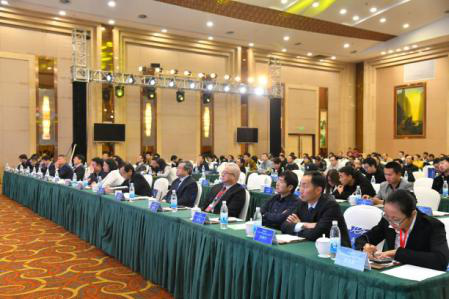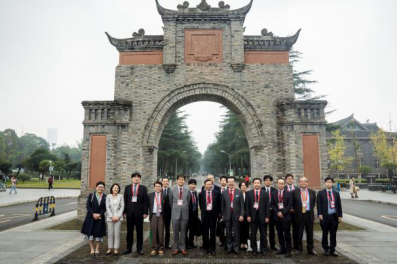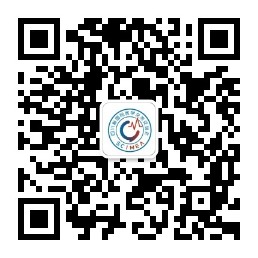Source: MedSina
© SCIMEA and MedSina
On November 10, 2019, the 2019 China-Japan Advanced Medical and New Drug R&D Summit and Achievements Transformation Conference was held in Chengdu, Sichuan. Masanori Fukushima, President of the Translational Research Center for Medical Innovation (TRI) in Kobe, Japan, attended the conference.
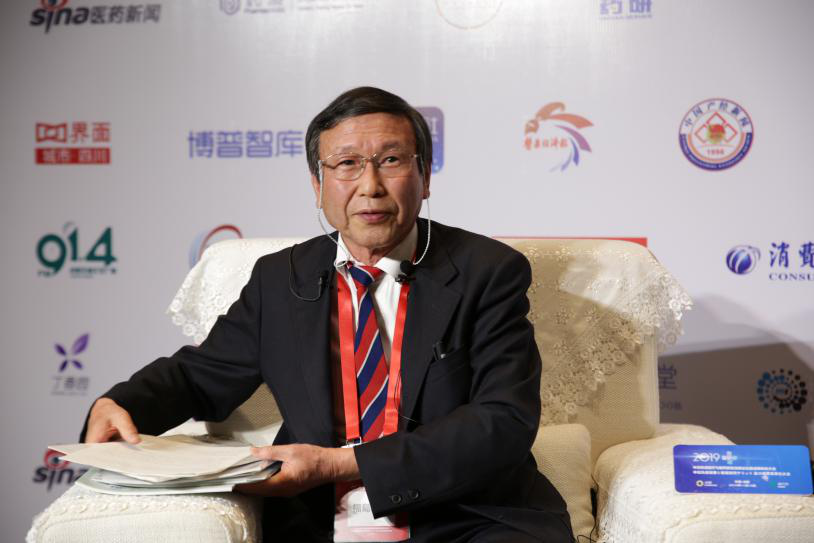
As one of the media outlets invited to the conference, MedSina interviewed President Fukushima about the PD-1 drugs’ significance in treating cancer, lessons that can be learned and the progress of related research.
When asked about the progress of PD-1 research in Japan, the potential cooperation between Japan and China, the significance of anti-PD-1 therapy in treating cancer and the lessons Japan has learned from its experience fighting against cancer, President Fukushima said: “Despite the progress made in PD-1 research, we still cannot beat cancer. The development of checkpoint inhibitors remains quite crucial. In such a context, TRI invited four eminent researchers from Japan to this conference. In the future, we will focus on joint research on traditional Chinese medicine (TCM) between Japan and China. A large-scale big data analysis is now well underway in Taiwan. As required by the healthcare system in Taiwan, all data of the insured are stored in one database ready for analysis. While analyzing these data, we found that treatment combined with TCM would be better for the prognosis of diseases. I believe the next-generation affordable cancer drugs will be developed from TCM.
Japan is a frontrunner in the treatment of cancer in the world, as I have mentioned today. I think prostate cancer in fact has been tamed. Within just three days and two nights, brachytherapy can free a patient from excruciating treatment. With a 5-year relative survival rate of 97.3%, Japan runs ahead of other countries in treating prostate cancer. Out of 2,360 patients, only seven died from prostate cancer. In other words, if we all take prostate-specific antigen (PSA) test after turning 50, prostate cancer will probably be less life-threatening. So is colon cancer. The 5-year relative survival rate of people with stage II colon cancer stands at 94.3%. However, this doesn’t necessarily mean cancer can be cured solely by drugs. For a patient to recover, the key is early detection followed by surgery or radiotherapy. Most importantly, a systematic therapeutic regimen must be put in place.
The significance of PD-1 drugs is that they can dismantle the defense of cancer cells against the immune system in human body, rather than directly curing patients.”


